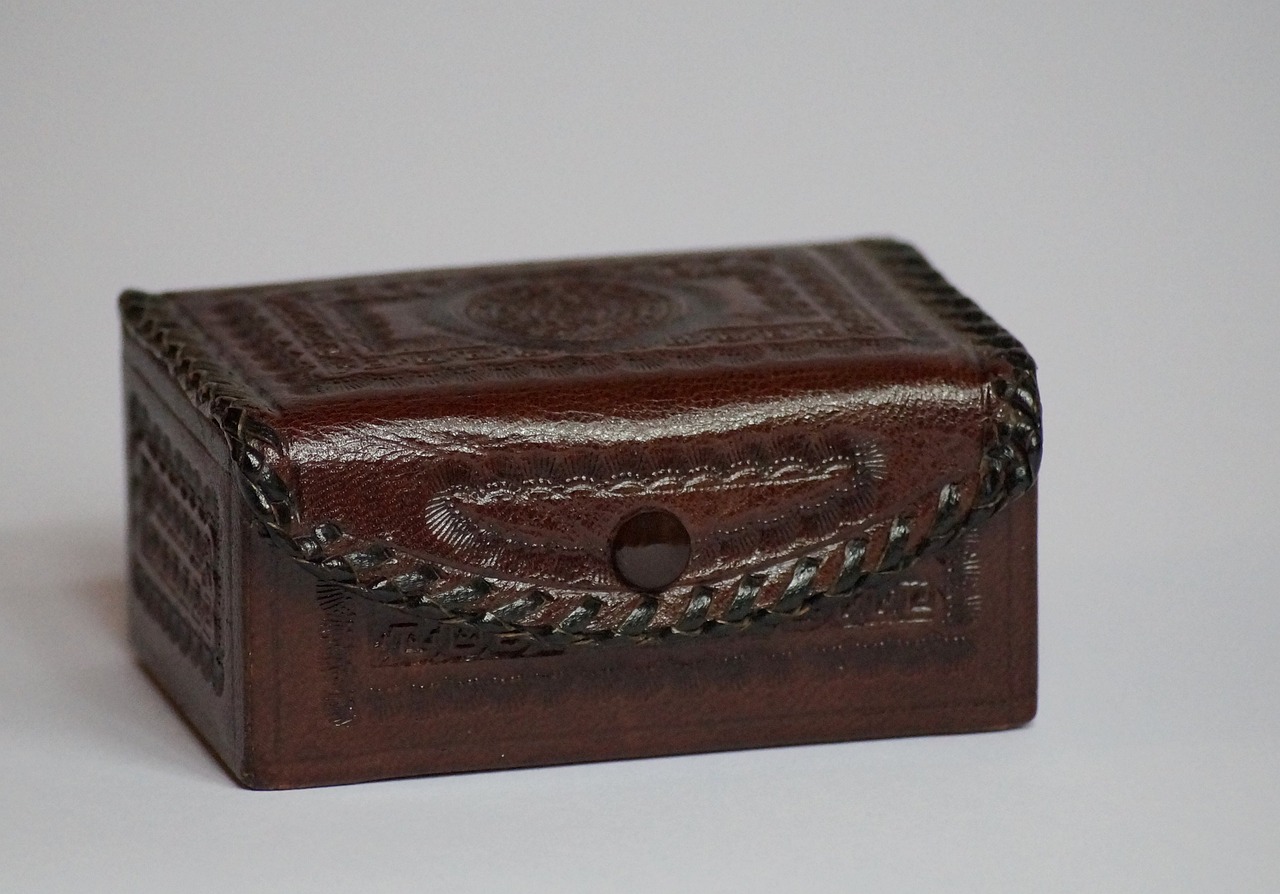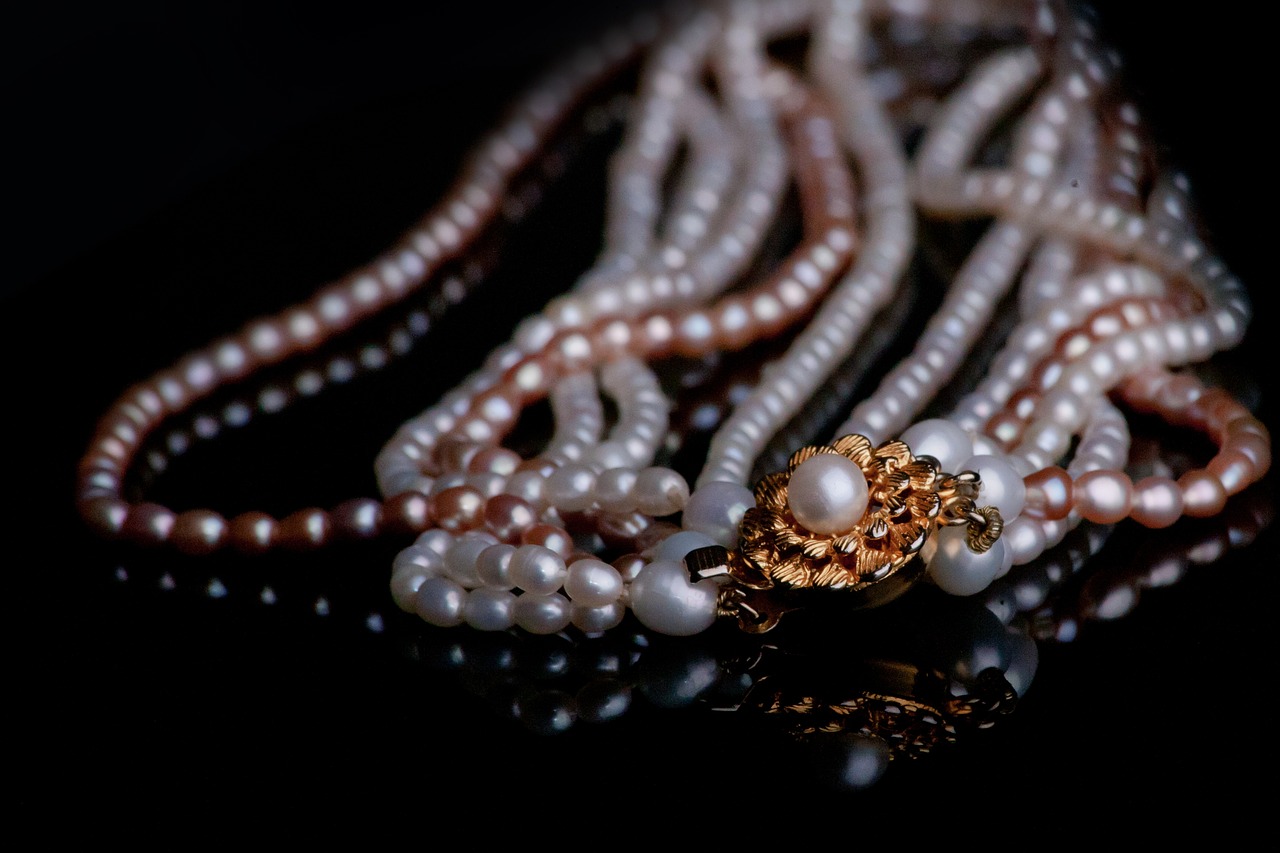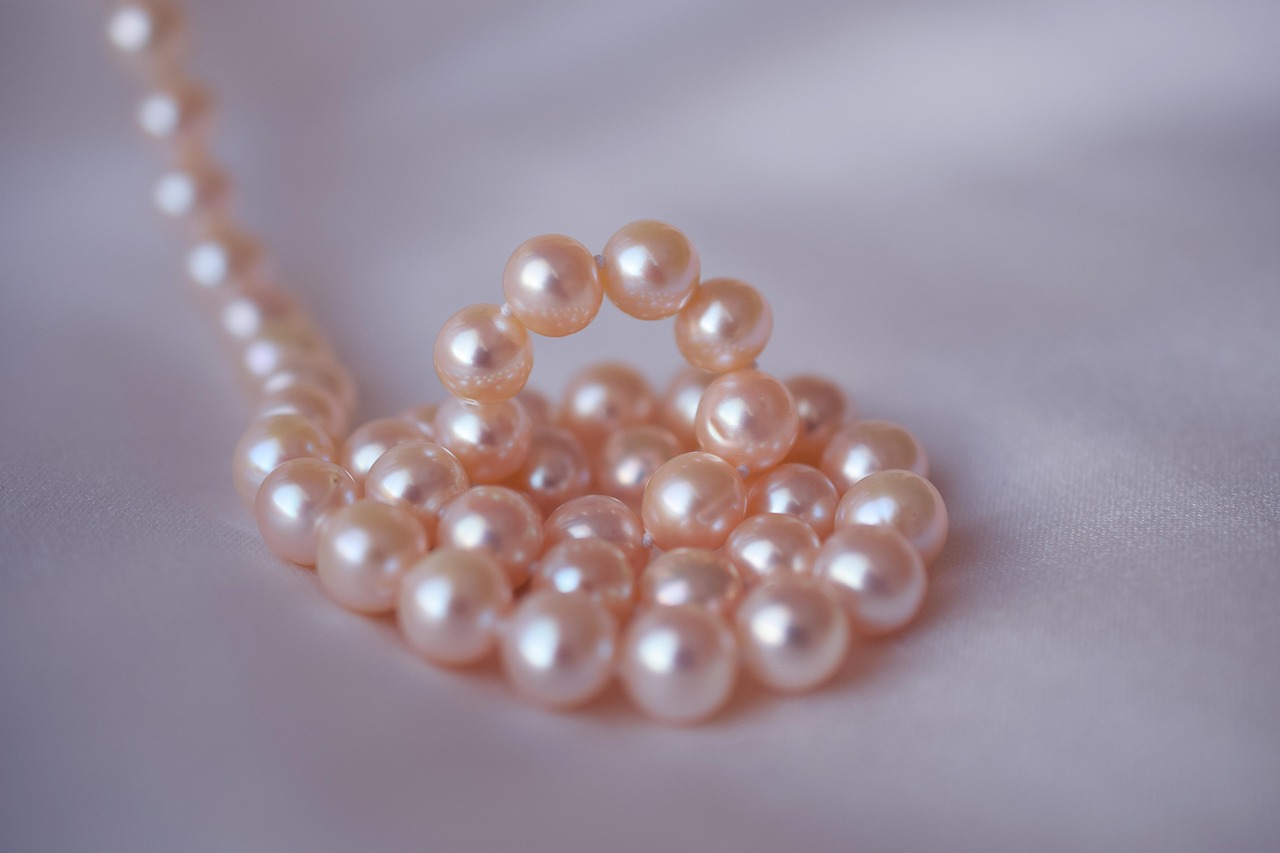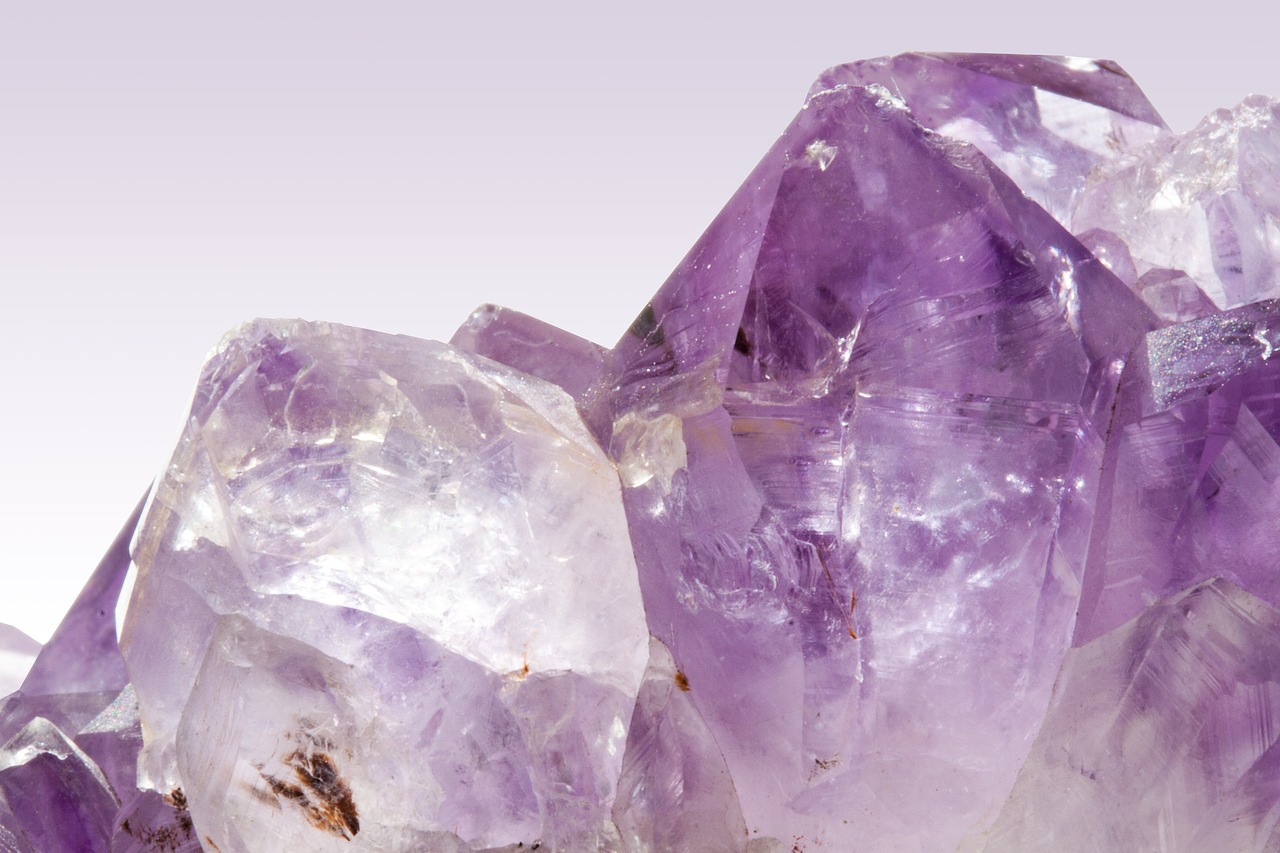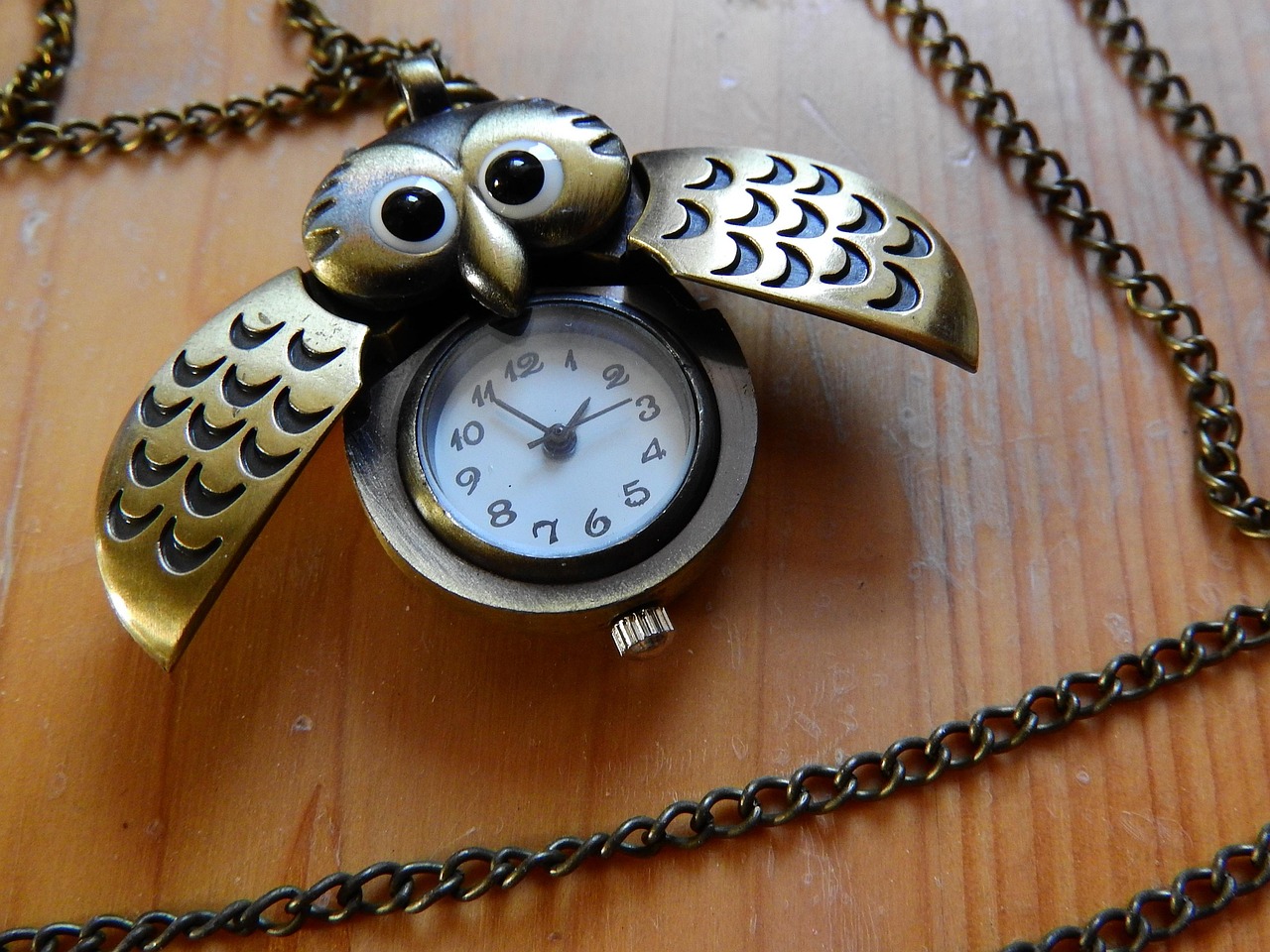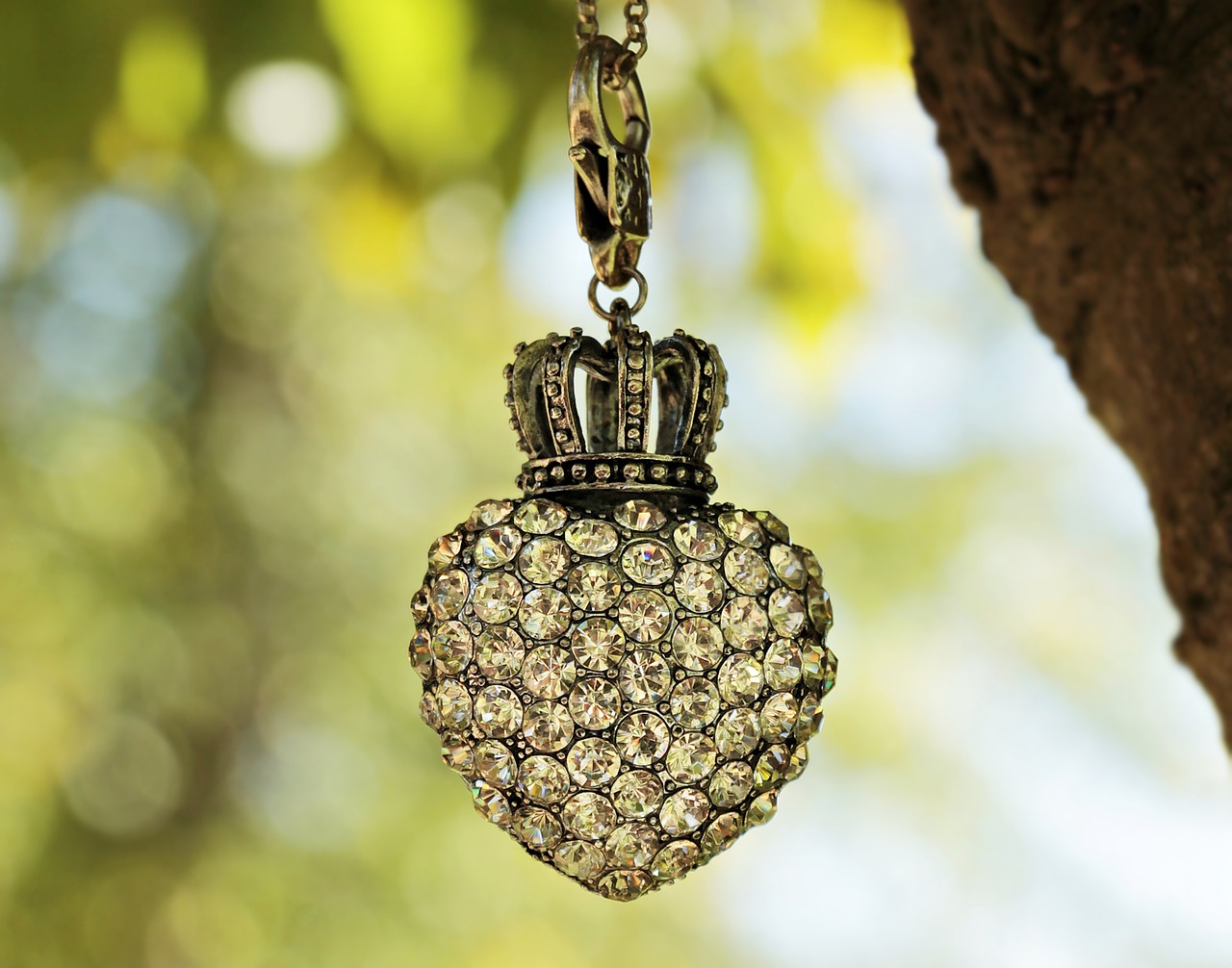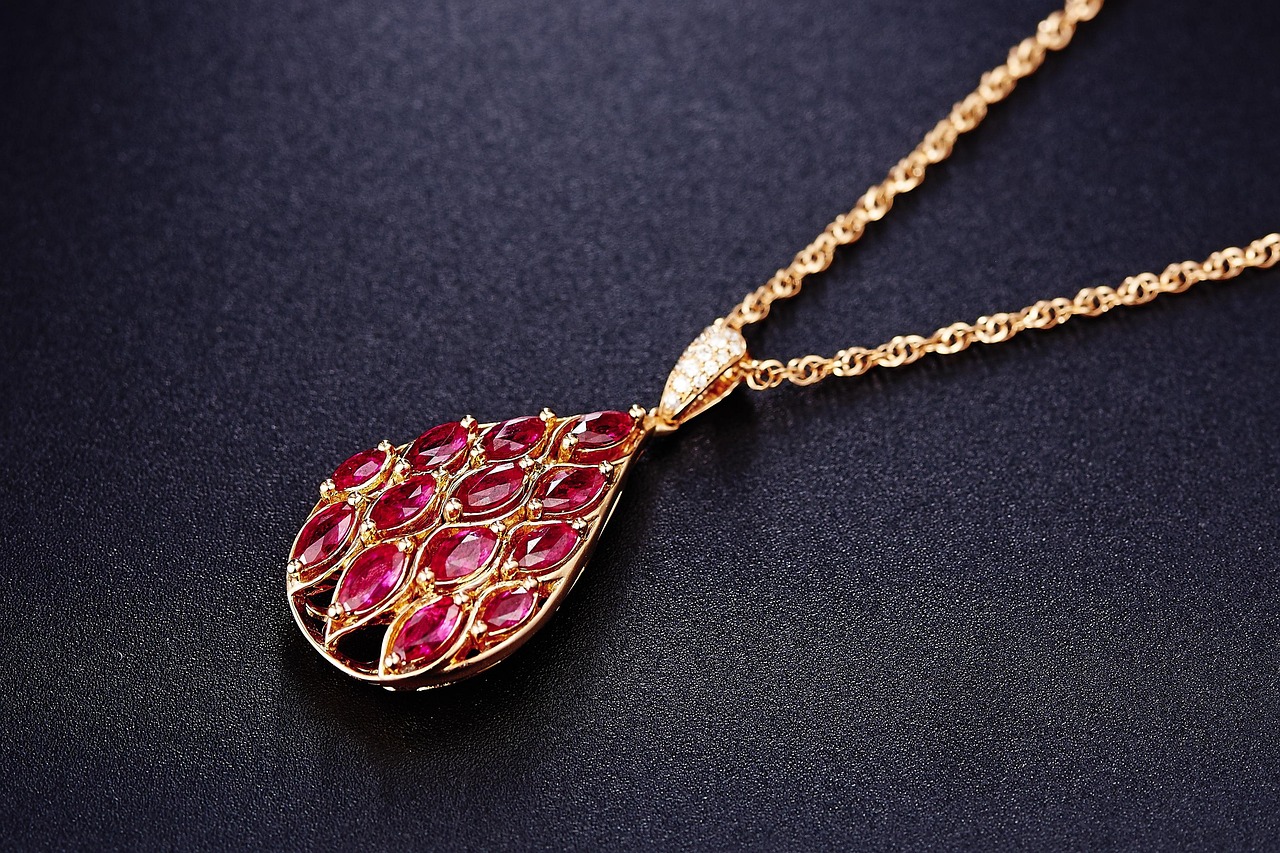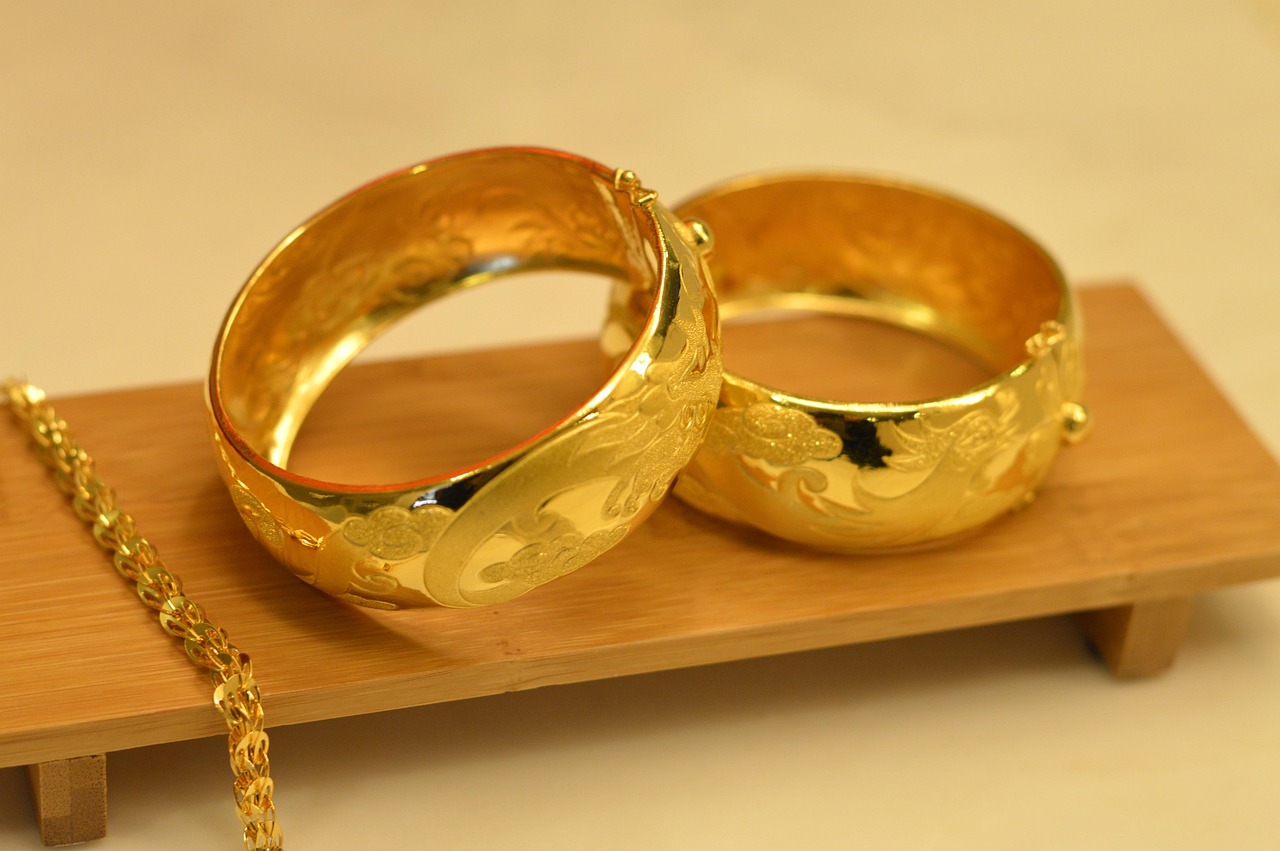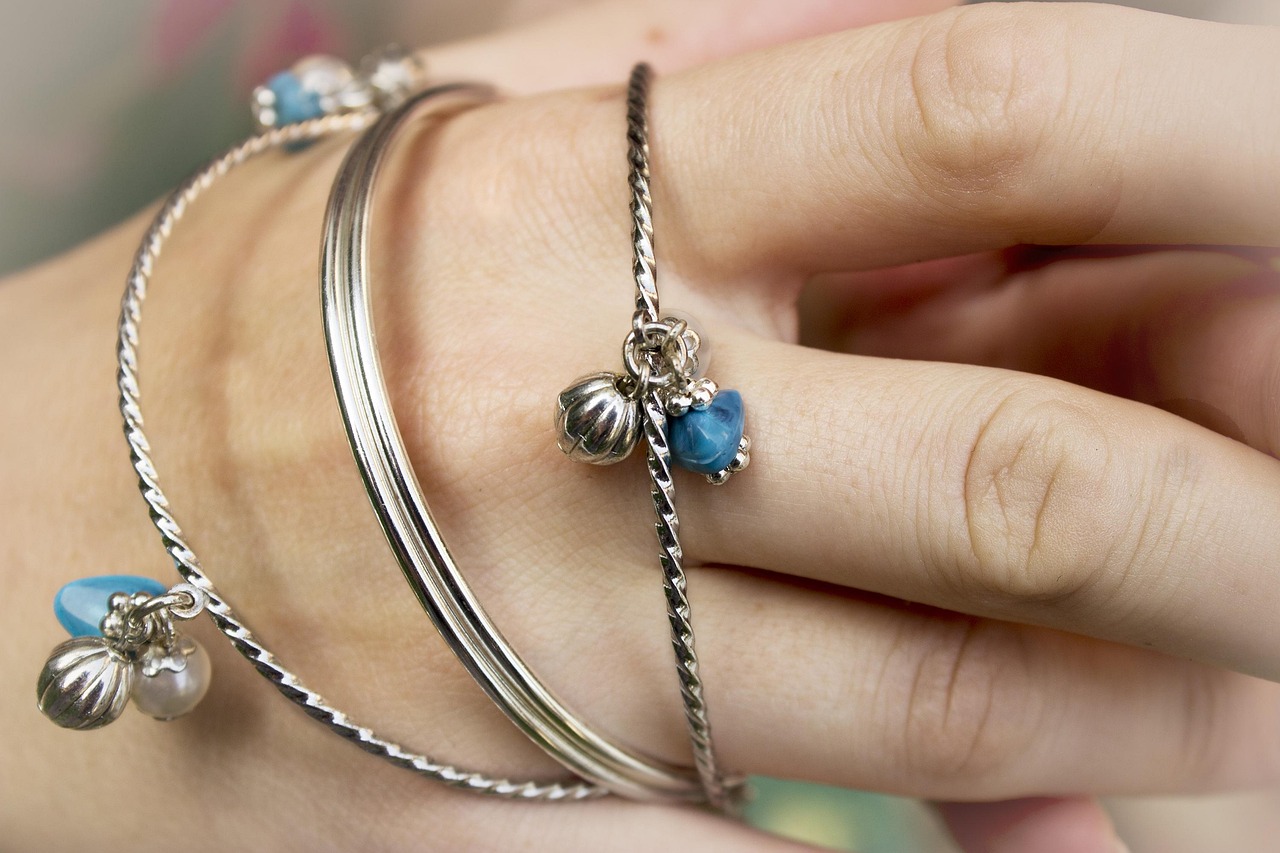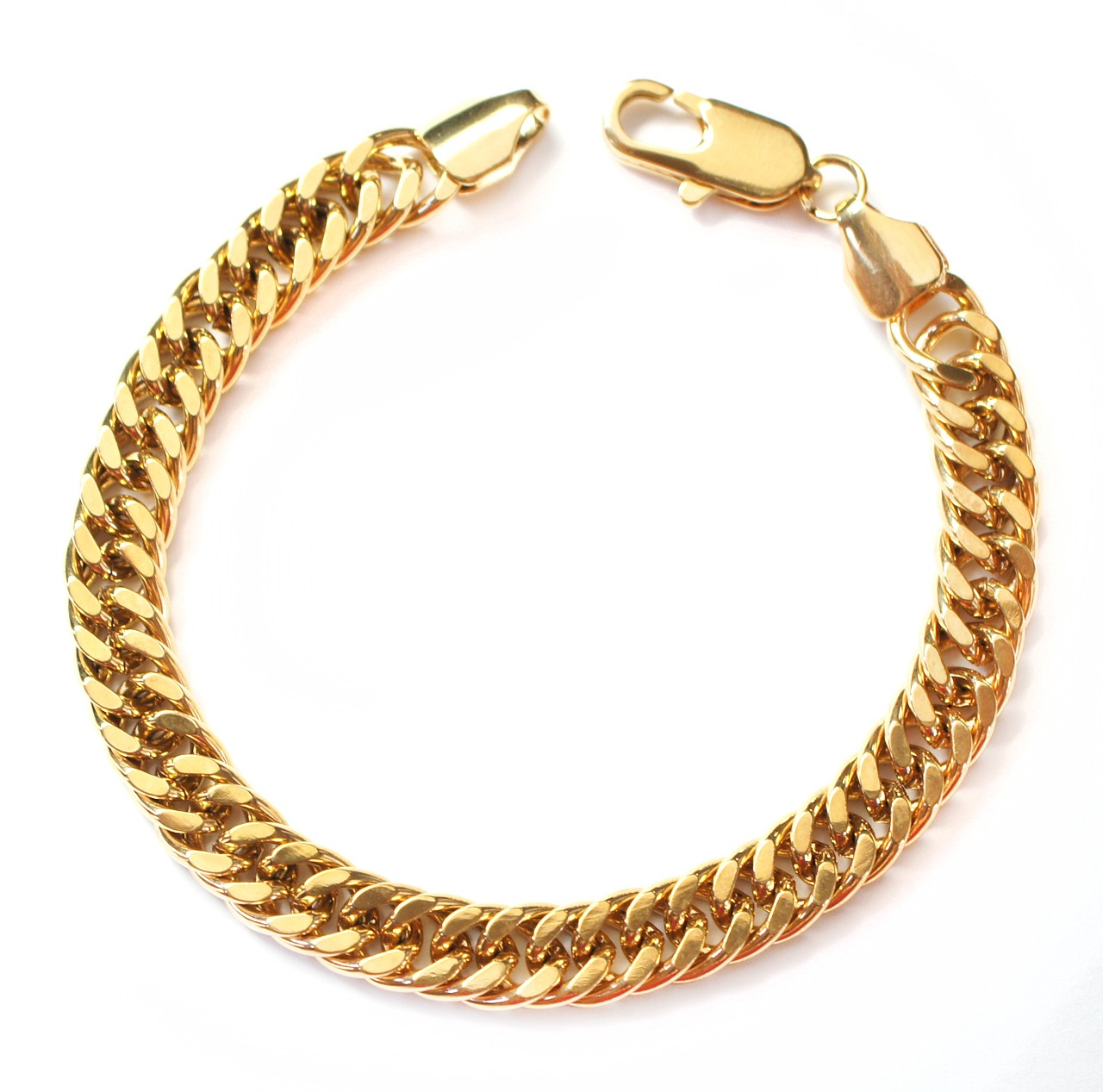This article explores the most luxurious jewelry stores in the U.S., examining their offerings, reputation, and whether the high prices reflect true value.
Understanding what constitutes luxury in jewelry is essential for discerning buyers. Factors that contribute to this perception include:
- Craftsmanship: The skill and artistry involved in creating each piece.
- Brand Heritage: The history and legacy of the brand often enhance its prestige.
- Exclusivity: Limited availability can drive demand and perceived value.
Several renowned brands dominate the luxury jewelry market in the United States. These include:
- Tiffany & Co.: Known for its iconic blue boxes and timeless designs.
- Cartier: Famous for exquisite craftsmanship and royal patronage.
- Van Cleef & Arpels: Celebrated for its innovative and artistic creations.
The high prices at luxury jewelry stores can be attributed to various factors:
- Quality of Materials: Precious metals and gemstones significantly affect cost.
- Labor Costs: Skilled artisans demand higher wages for their expertise.
- Brand Prestige: Established brands often command premium prices due to their reputation.
Custom jewelry pieces can come with hefty price tags. However, the personal touch and uniqueness often justify the additional cost for many consumers. A custom piece allows for:
- Personal Expression: Tailoring designs to reflect individual style.
- Unique Craftsmanship: One-of-a-kind pieces that tell a personal story.
With the rise of e-commerce, many luxury jewelry brands now offer online shopping. Here are some pros and cons:
- Online Shopping: Convenience and often better prices.
- In-Store Shopping: The tactile experience of trying on pieces and personalized service.
Investing in expensive jewelry requires careful consideration. Key factors include:
- Authenticity: Ensure the piece comes with proper certification.
- Store Reputation: Research the store’s history and customer reviews.
Quality assurance is crucial in the luxury jewelry sector. High-end stores implement stringent processes, such as:
- Regular Inspections: Ensuring pieces meet high standards before reaching customers.
- Expert Appraisals: Utilizing gemologists to assess the quality of materials.
Customer service is a significant aspect of the luxury shopping experience. Top jewelry stores cater to their clients’ needs by:
- Personalized Consultations: Offering tailored advice and recommendations.
- After-Sales Support: Providing services such as repairs and cleaning.
Current trends in luxury jewelry reflect changing consumer preferences. Popular styles include:
- Sustainable Materials: An increasing demand for ethically sourced gems.
- Minimalist Designs: Simple, elegant pieces that prioritize quality over extravagance.
For those seeking luxury without the exorbitant prices, alternatives exist. Options include:
- Independent Jewelers: Often offer unique designs at more accessible prices.
- Online Boutiques: Many provide quality pieces with lower overhead costs.
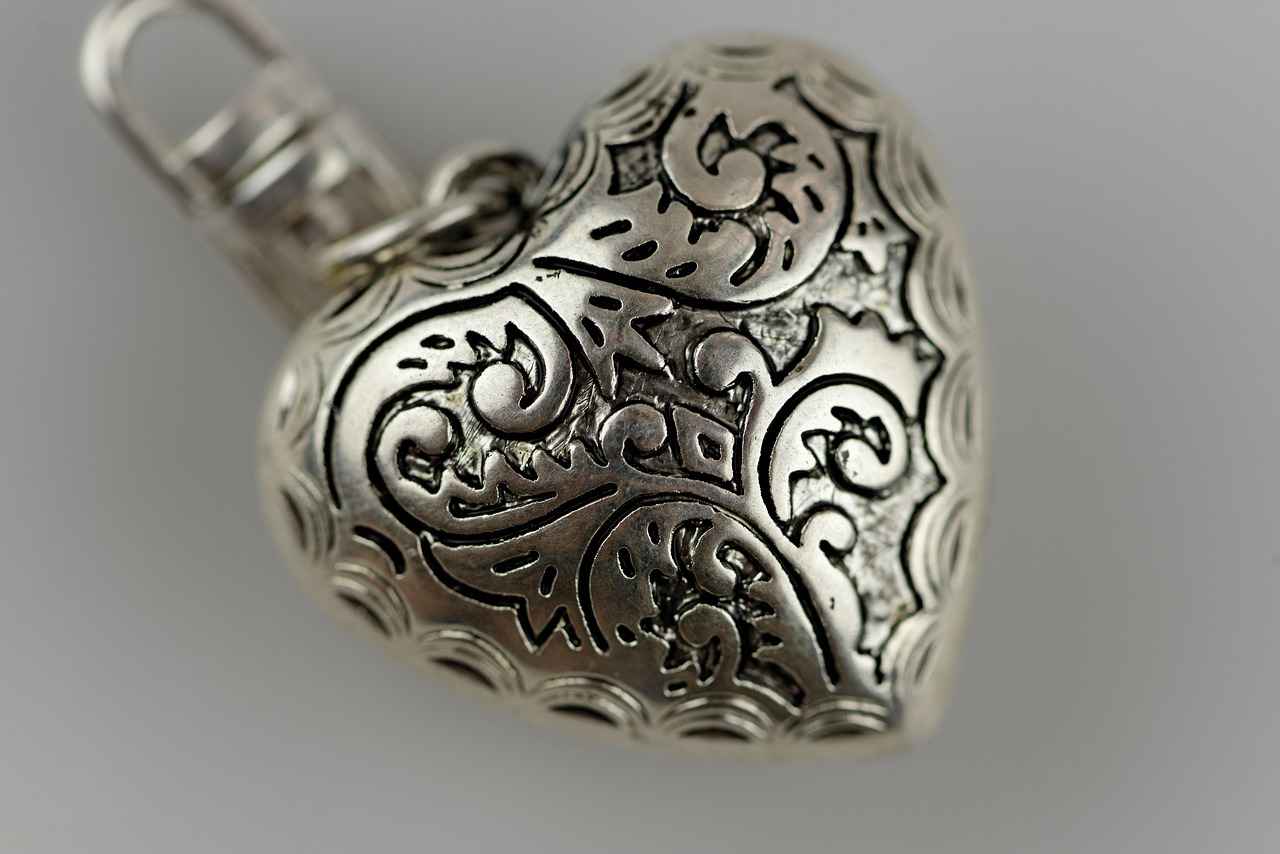
What Defines Luxury in Jewelry?
When we think about luxury in jewelry, it is essential to delve deeper into the elements that elevate certain pieces above the rest. Luxury jewelry is not merely about the price tag; it encompasses a range of factors that together create an experience of opulence and desirability.
Craftsmanship is arguably one of the most significant aspects that define luxury in jewelry. Exceptional craftsmanship involves meticulous attention to detail, skilled artisanship, and innovative techniques that transform raw materials into stunning pieces of art. Each piece is often handcrafted, ensuring that no two items are exactly alike, which adds to its uniqueness and allure.
Another crucial factor is brand heritage. Established luxury brands often have a rich history that adds to their prestige. These brands have built their reputations over decades, if not centuries, through consistent quality and exceptional service. Consumers are drawn to brands with a storied past, as it provides a sense of trust and reliability in their products.
Exclusivity is also a defining characteristic of luxury jewelry. Limited editions or bespoke pieces cater to a clientele that values individuality and rarity. The fewer the pieces available, the more desirable they become. This exclusivity often drives up demand, further enhancing the perceived value of the jewelry.
Moreover, the quality of materials used in luxury jewelry plays a significant role in its definition. Precious metals such as gold, platinum, and high-quality gemstones are standard in luxury pieces. The sourcing and ethical considerations surrounding these materials also contribute to the overall luxury experience, as consumers become increasingly aware of the environmental and social implications of their purchases.
In addition to these factors, design innovation cannot be overlooked. Luxury jewelry brands often collaborate with renowned designers or artists, resulting in unique and eye-catching creations that stand out in a crowded market. These innovative designs not only reflect current trends but also set the stage for future styles, further solidifying their place in the luxury category.
Finally, the retail experience associated with luxury jewelry also plays a vital role in defining what makes it luxurious. High-end stores often provide personalized services, such as private consultations and custom design options, which enhance the overall shopping experience. This level of service ensures that customers feel valued and appreciated, further solidifying their connection to the brand.
In summary, understanding what defines luxury in jewelry involves considering a combination of craftsmanship, brand heritage, exclusivity, quality of materials, design innovation, and the retail experience. Each of these elements contributes to the overall perception of value, making luxury jewelry not just a purchase, but an investment in artistry and heritage.
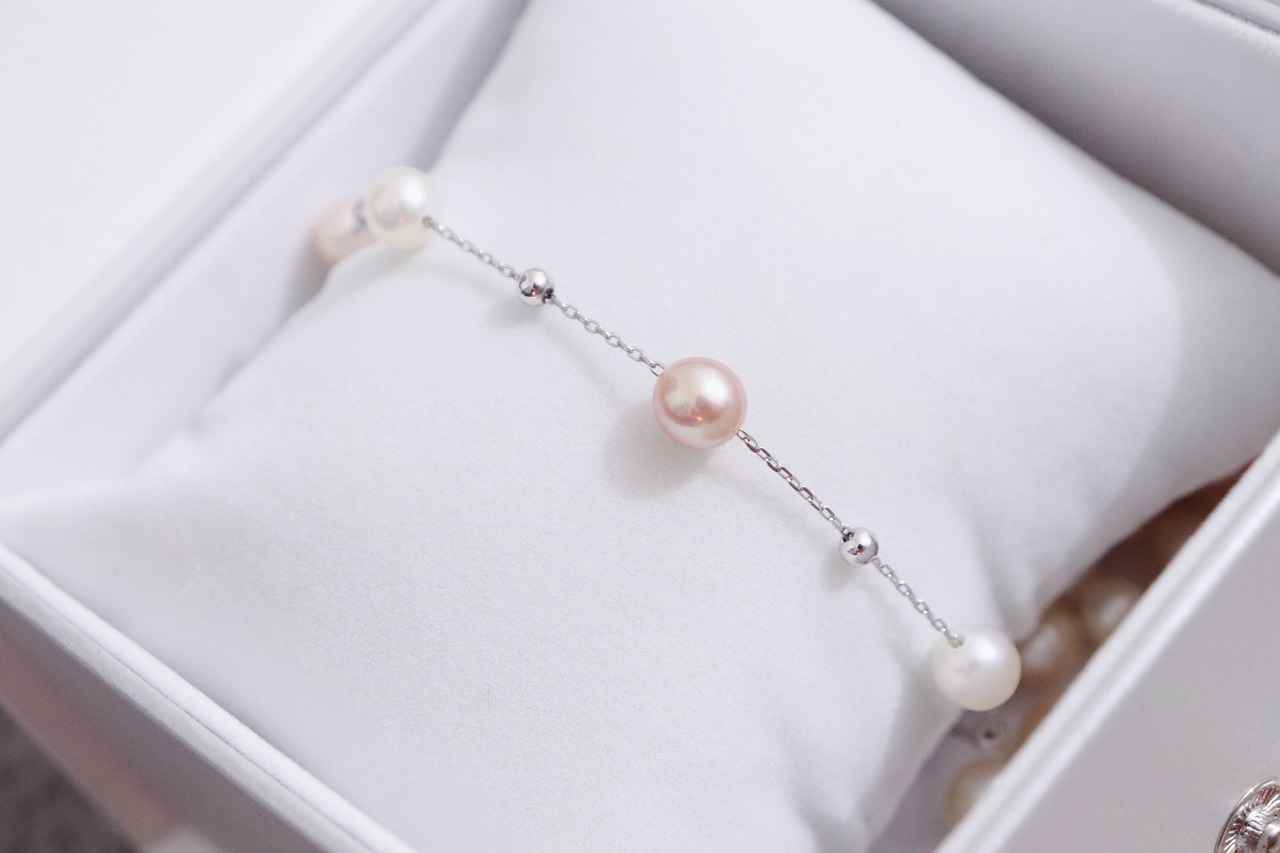
Top Luxury Jewelry Brands in the U.S.
The luxury jewelry market in the United States is characterized by a selection of prestigious brands that have established themselves as leaders in the industry. These brands not only offer exquisite craftsmanship but also cater to a clientele that seeks exclusivity and sophistication. In this section, we will explore some of the top luxury jewelry brands in the U.S., highlighting their unique styles and pricing structures.
Several factors contribute to a brand’s reputation in the luxury jewelry market. These include:
- Craftsmanship: The meticulous attention to detail and skilled artistry involved in creating each piece.
- Brand Heritage: A rich history and legacy that enhances the brand’s allure.
- Exclusivity: Limited editions and bespoke pieces that cater to individual tastes.
Among the most recognized names in luxury jewelry, the following brands stand out:
| Brand | Specialty | Price Range |
|---|---|---|
| Tiffany & Co. | Iconic engagement rings and timeless pieces | Starting from $1,000 |
| Cartier | Luxury watches and elegant jewelry | Starting from $2,500 |
| Van Cleef & Arpels | Artistic designs and intricate craftsmanship | Starting from $3,000 |
| Harry Winston | High-end diamond jewelry and watches | Starting from $5,000 |
| Bulgari | Bold designs and vibrant gemstones | Starting from $2,000 |
Each of these luxury brands has developed a unique approach to appeal to their affluent clientele:
- Personalized Services: Many brands offer bespoke services, allowing clients to create custom pieces tailored to their specifications.
- Exclusive Collections: Limited edition collections that are only available to select customers enhance the sense of exclusivity.
- Exceptional Customer Experience: High-end brands invest in training their staff to provide unparalleled customer service, ensuring that each shopping experience is memorable.
Investing in luxury jewelry is often seen as a status symbol, but it also represents a commitment to quality and craftsmanship. The high prices associated with these brands can be justified through:
- Quality of Materials: The use of ethically sourced diamonds and precious metals contributes to the overall value.
- Resale Value: Many luxury pieces retain their value over time, making them a worthwhile investment.
- Emotional Value: Luxury jewelry often holds sentimental value, making it not just a purchase but a cherished heirloom.
In summary, the top luxury jewelry brands in the United States offer a blend of artistry, exclusivity, and exceptional customer service that caters to the affluent market. While the prices may be high, the investment often reflects the quality and prestige associated with these iconic brands.
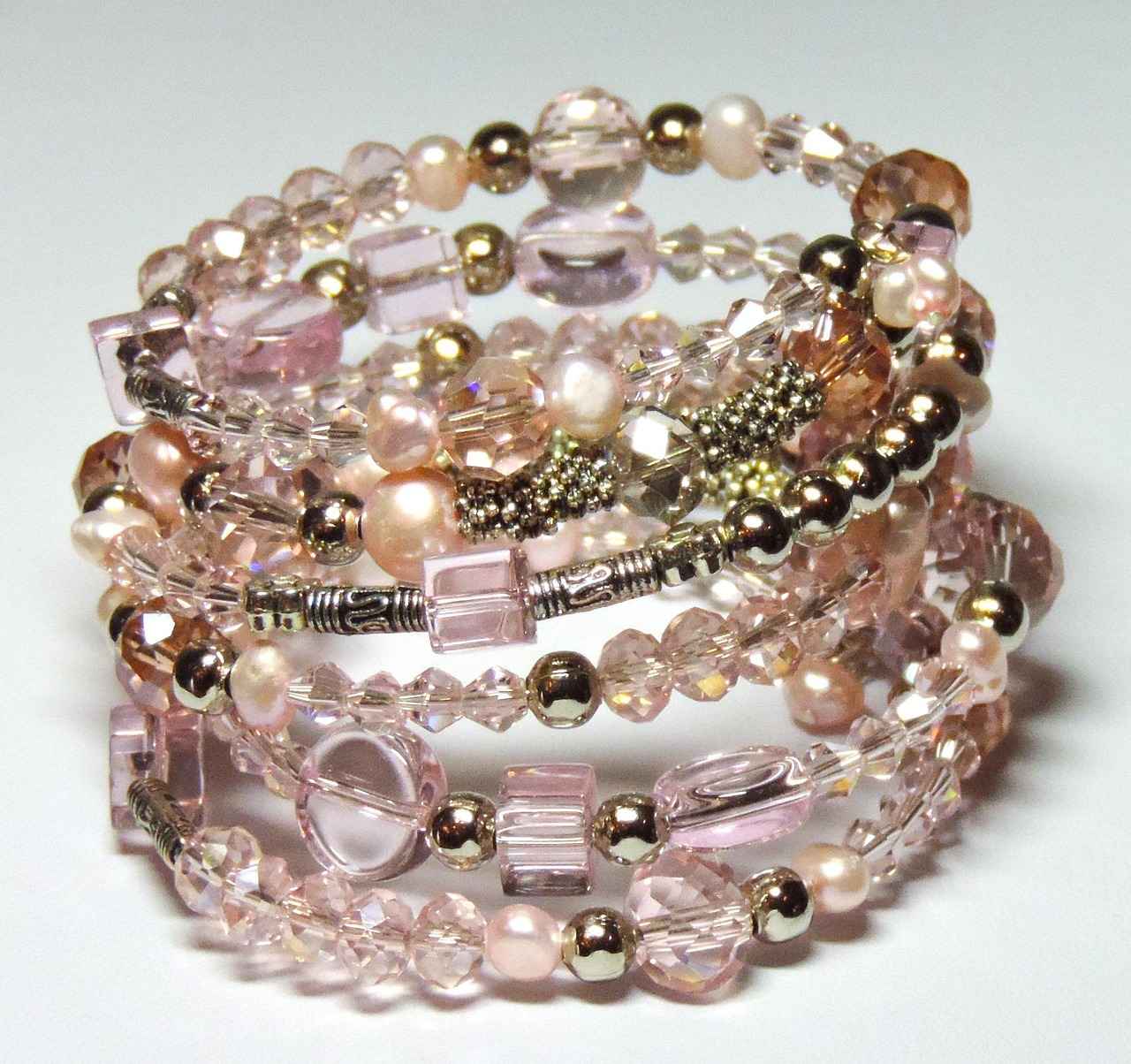
Why Are Prices So High at These Stores?
The high prices at luxury jewelry stores can be attributed to a multitude of factors that collectively create the perceived value of these exquisite items. Understanding these elements is essential for anyone considering an investment in fine jewelry.
Quality of Materials: One of the primary reasons for the elevated prices is the superior quality of materials used in luxury jewelry. Precious metals such as gold, platinum, and palladium, along with high-grade gemstones like diamonds, sapphires, and emeralds, are sourced from reputable suppliers. These materials are often ethically mined and undergo rigorous quality checks, ensuring that only the best make it to the final product. The purity and rarity of these materials significantly contribute to their cost.
Labor Costs: The craftsmanship involved in creating luxury jewelry cannot be overstated. Highly skilled artisans dedicate countless hours to designing and crafting each piece, often employing traditional techniques that have been passed down through generations. This level of craftsmanship requires extensive training and experience, which translates to higher labor costs. The meticulous attention to detail and the time invested in each item add to the overall price, as consumers are paying for both the artistry and the labor involved.
Brand Prestige: The reputation of a brand plays a crucial role in determining the price of luxury jewelry. Renowned brands have established a legacy of excellence and exclusivity, which allows them to command premium prices. Consumers are often willing to pay more for a piece that bears a prestigious name, as it signifies status and quality. Additionally, marketing and branding strategies contribute to the perceived value, making customers feel that they are investing in a piece of art rather than just jewelry.
Exclusivity and Limited Editions: Many luxury jewelry brands offer limited edition pieces or custom designs, which further drive up prices. The exclusivity of owning a piece that is not widely available adds to its allure. Consumers often seek unique items that reflect their personal style, and the rarity of such pieces can justify the higher cost. This exclusivity not only enhances the desirability but also creates a sense of ownership that is hard to replicate in mass-produced jewelry.
Market Demand: The luxury jewelry market is influenced by supply and demand dynamics. As more individuals acquire wealth, the demand for luxury items increases. This heightened demand allows brands to maintain high price points, as consumers are often willing to pay a premium for the latest trends and exclusive offerings. Additionally, economic factors such as inflation can also impact pricing, making luxury goods even more expensive over time.
Investment Value: Many buyers view luxury jewelry as an investment rather than just a purchase. High-quality pieces often appreciate in value, making them attractive to investors. This potential for value increase can justify the high initial cost, as consumers may consider it a long-term investment strategy.
In summary, the high prices at luxury jewelry stores are a reflection of the quality of materials, labor costs, brand prestige, exclusivity, market demand, and investment potential. Each of these elements contributes to the overall value of luxury jewelry, making it essential for consumers to understand what they are paying for. By recognizing these factors, buyers can make informed decisions when investing in high-end jewelry, ensuring that they appreciate not just the aesthetic beauty, but also the craftsmanship and heritage behind each piece.
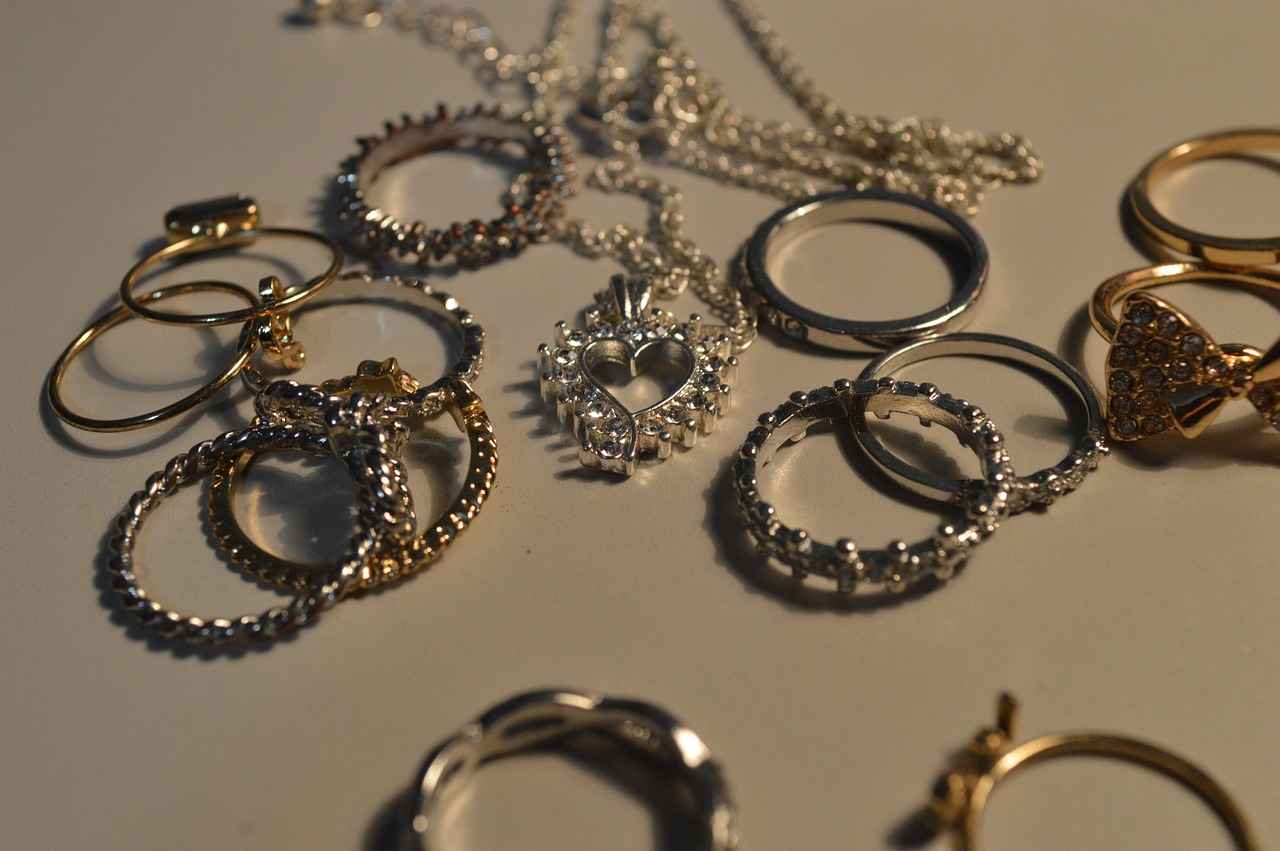
Are Custom Pieces Worth the Investment?
When it comes to luxury jewelry, one of the most intriguing aspects is the allure of custom pieces. These personalized creations often come with hefty price tags that can make consumers pause and ponder: Are they truly worth the investment? This section delves into the factors that contribute to the cost of custom jewelry and whether the unique attributes justify the additional expense.
Custom jewelry is defined by its personal touch and the ability to reflect the individual style of the wearer. Unlike mass-produced items, custom pieces are tailored to specific preferences, often making them more meaningful. The process typically involves consultations with skilled artisans who understand the client’s vision, ensuring that every detail is meticulously crafted. This level of craftsmanship is a significant contributor to the overall cost.
One of the primary reasons consumers are drawn to custom jewelry is its uniqueness. In a world where many people seek to stand out, having a one-of-a-kind piece can be incredibly appealing. The exclusivity of custom designs means that buyers can express their personality and style in ways that off-the-shelf items cannot. However, this uniqueness often comes at a premium.
Additionally, the materials used in custom pieces can significantly drive up the price. High-quality gemstones, precious metals, and intricate designs require not only skill but also a considerable investment in raw materials. For example, a custom engagement ring featuring a rare diamond will naturally be more expensive than a standard model. Thus, consumers must weigh the value of personalization against the financial implications.
Another aspect to consider is the emotional value attached to custom jewelry. Many consumers find that a piece crafted specifically for them carries a sentiment that mass-produced items lack. Whether it’s a family heirloom reimagined or a unique gift for a loved one, the emotional connection can enhance the perceived value, making the investment feel justified.
However, it’s essential to approach custom jewelry with a clear understanding of the costs involved. Potential buyers should conduct thorough research, compare prices, and consult multiple jewelers to ensure they are receiving a fair deal. Transparency in pricing and process is crucial; reputable jewelers will provide detailed breakdowns of costs and timelines, helping clients make informed decisions.
Ultimately, whether custom pieces are worth the investment depends on individual priorities. For some, the personal significance and uniqueness of a custom piece outweigh the financial burden. For others, the high cost may not align with their values or budget. Understanding these dynamics can help consumers make choices that resonate with their personal and financial goals.
In conclusion, custom jewelry offers a unique blend of artistry, personalization, and emotional significance. While the price tags may be high, the value derived from a custom piece can be equally substantial. By carefully considering their options and understanding the factors that contribute to the cost, consumers can determine if investing in custom jewelry is the right choice for them.
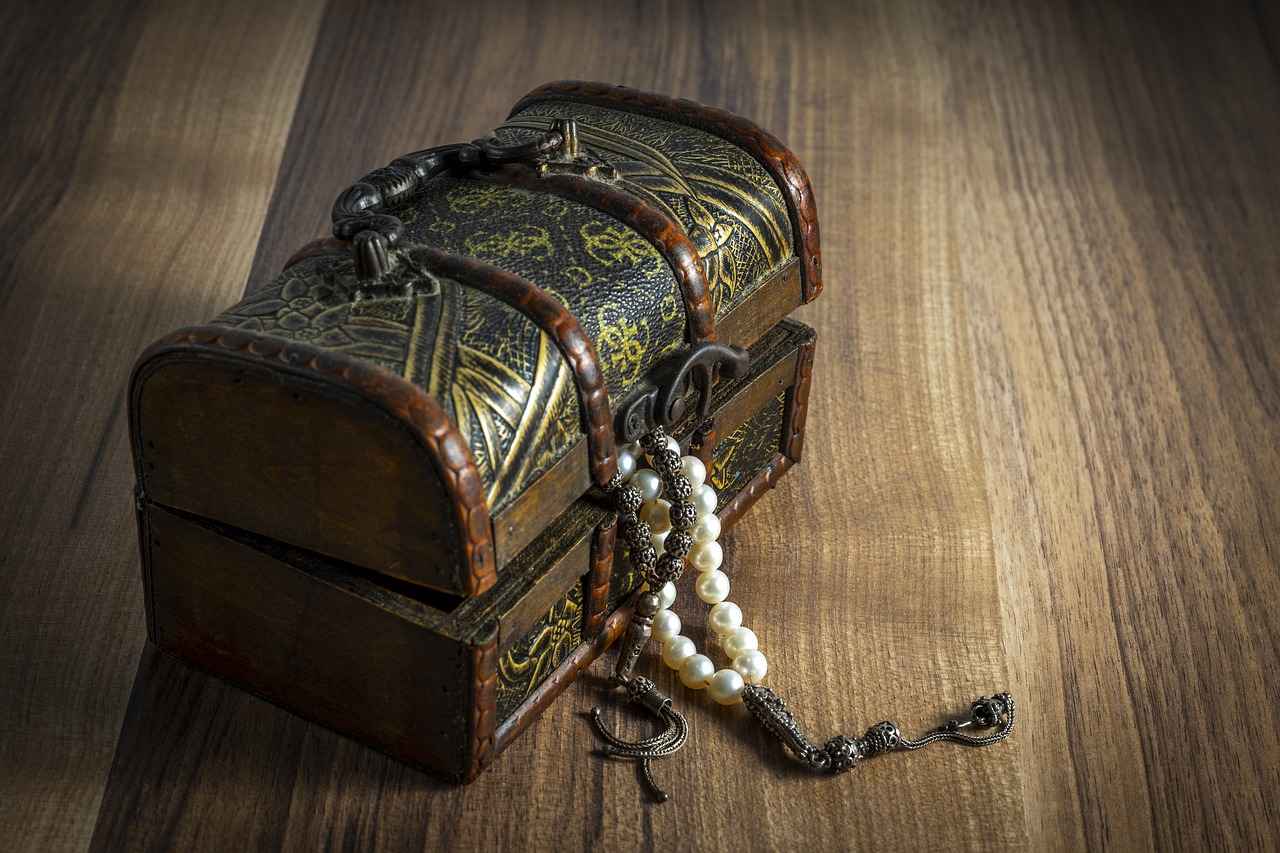
Comparing Online vs. In-Store Luxury Shopping
In today’s digital age, the luxury jewelry market has experienced a significant transformation with the advent of e-commerce. Consumers now have the option to purchase high-end jewelry online, which presents both advantages and disadvantages compared to traditional in-store shopping. This article delves into the key differences between online and in-store luxury jewelry shopping, helping consumers make informed decisions.
- Convenience: One of the most significant benefits of online shopping is the ability to browse and purchase jewelry from the comfort of your home. No need to travel to a physical store, and you can shop at any time that suits you.
- Wider Selection: Online retailers often offer a broader range of products than brick-and-mortar stores. This allows customers to explore various brands and styles that might not be available locally.
- Price Comparisons: Shopping online makes it easier to compare prices across different platforms, helping consumers find the best deals on luxury items.
- Customer Reviews: Online shopping platforms typically feature customer reviews and ratings, providing insights into the quality and authenticity of the jewelry.
- Inability to Inspect: One of the main drawbacks of online shopping is the inability to physically inspect the jewelry. Customers cannot assess the craftsmanship or quality until the item arrives.
- Return Policies: While many online retailers offer return policies, the process can be cumbersome. Customers may face shipping fees or delays in receiving refunds.
- Risk of Counterfeits: The online market can sometimes be a breeding ground for counterfeit items. Buyers must be diligent in ensuring they are purchasing from reputable sources.
- Personalized Service: In-store shopping often provides a more personalized experience. Customers can receive expert advice from knowledgeable staff, enhancing their overall shopping experience.
- Immediate Gratification: Purchasing jewelry in-store allows customers to walk away with their item immediately, eliminating the waiting period associated with online orders.
- Physical Inspection: Shoppers can examine the jewelry closely, ensuring it meets their expectations in terms of quality and aesthetics.
- Limited Selection: Physical stores may have a more limited inventory compared to online retailers, restricting customer choices.
- Higher Prices: In-store prices can sometimes be higher due to overhead costs associated with maintaining a physical location.
- Time-Consuming: Visiting multiple stores to compare options can be time-consuming, especially for busy individuals.
In summary, both online and in-store luxury jewelry shopping have their unique advantages and disadvantages. Online shopping offers convenience, a wider selection, and the ability to compare prices, but comes with risks such as the inability to inspect items and potential counterfeit concerns. Conversely, in-store shopping provides personalized service and immediate gratification but may have limited selections and higher prices. Ultimately, the choice between online and in-store luxury jewelry shopping depends on individual preferences and priorities.
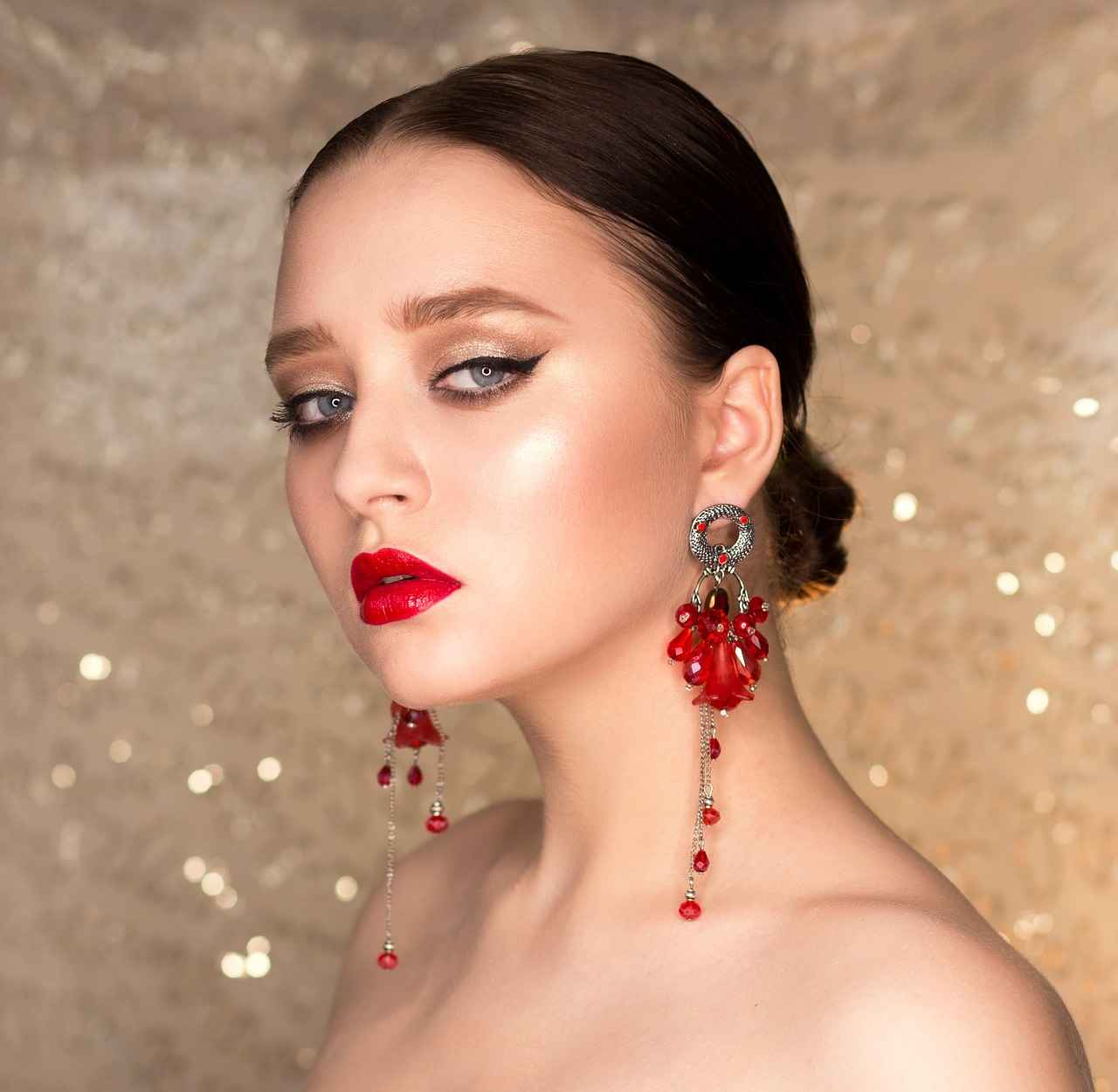
What to Look for When Buying Expensive Jewelry?
When it comes to investing in expensive jewelry, the decision is often more complex than simply choosing a beautiful piece. It requires careful consideration of several critical factors to ensure that your purchase is not only stunning but also a wise investment.
Authenticity is paramount. Always verify that the jewelry is genuine and not a replica. This can involve checking for certificates of authenticity, particularly for gemstones and precious metals. Reputable jewelers should provide documentation that proves the quality and origin of the materials used.
Certification is another essential aspect to consider. For diamonds, for instance, a certification from a recognized laboratory, such as the Gemological Institute of America (GIA), adds significant value. This certification confirms the diamond’s cut, clarity, color, and carat weight, providing assurance that you are purchasing a high-quality stone.
| Certification Body | Details |
|---|---|
| GIA | Highly respected for diamond grading |
| AGSL | Known for detailed assessments |
| IGI | Offers grading for various gemstones |
Additionally, the store’s reputation plays a crucial role in your purchasing decision. Researching customer reviews and ratings can provide insight into the experiences of previous buyers. A jeweler with a longstanding history of excellence is more likely to offer quality products and services.
- Check Online Reviews: Websites like Yelp and Google can provide valuable feedback.
- Ask for Recommendations: Personal referrals from friends or family can guide you to trusted jewelers.
- Visit the Store: A visit can help you gauge the professionalism and knowledge of the staff.
Moreover, understanding the market value of the jewelry you are considering is vital. Prices can vary significantly based on brand, materials, and design. Conducting thorough research can help you determine whether a piece is priced fairly or if it is inflated due to brand prestige.
Finally, consider the return policy and warranty offered by the jeweler. A good return policy allows you to change your mind if the piece does not meet your expectations, while a warranty can provide peace of mind regarding the quality and durability of your purchase.
In conclusion, when purchasing expensive jewelry, ensure that you prioritize authenticity, certification, and store reputation. By doing so, you can make an informed decision that not only satisfies your aesthetic desires but also serves as a valuable investment.

How Do Luxury Jewelry Stores Ensure Quality?
In the world of luxury jewelry, quality assurance is not just an option; it is a necessity. High-end jewelry stores are renowned for their exquisite pieces, and maintaining a reputation for excellence requires rigorous processes and standards. This section delves into the multifaceted approaches that luxury jewelry retailers implement to ensure their products meet the highest expectations of quality and craftsmanship.
One of the fundamental aspects of quality assurance in luxury jewelry is the selection of materials. Premium metals, such as platinum and gold, along with high-grade gemstones, are meticulously sourced from reputable suppliers. The authenticity of these materials is verified through certification processes, ensuring that customers receive only the finest products. For instance, diamonds are often accompanied by certificates from recognized grading laboratories, which detail their quality based on the Four Cs: cut, color, clarity, and carat weight.
Furthermore, luxury jewelry stores employ highly skilled artisans who specialize in different aspects of jewelry making. These craftsmen undergo extensive training and often have years of experience. Their expertise allows them to create intricate designs that not only showcase the beauty of the materials but also adhere to the highest standards of craftsmanship. Quality control measures are implemented at every stage of production, from design to final inspection, ensuring that each piece meets the store’s stringent criteria.
Another critical component of quality assurance is the customer feedback loop. Luxury jewelry retailers actively seek input from their clientele to understand their preferences and expectations. This feedback is invaluable for refining products and services. Additionally, many stores offer a robust warranty and repair service, which further emphasizes their commitment to quality. Customers can feel secure knowing that their investment is protected and that any issues will be addressed promptly.
Moreover, luxury jewelry stores often adhere to ethical sourcing practices, which not only enhance their reputation but also ensure the quality of their offerings. This includes responsible mining practices and fair labor conditions for all workers involved in the supply chain. By aligning with ethical standards, these retailers can assure customers that their jewelry is not only beautiful but also responsibly sourced.
In conclusion, the processes and standards that luxury jewelry stores implement for quality assurance are comprehensive and multifaceted. From the careful selection of materials to the skilled craftsmanship and customer engagement, every element contributes to the overall perception of value. As consumers increasingly seek transparency and quality in their purchases, luxury jewelry stores that prioritize these aspects will continue to thrive in a competitive market.
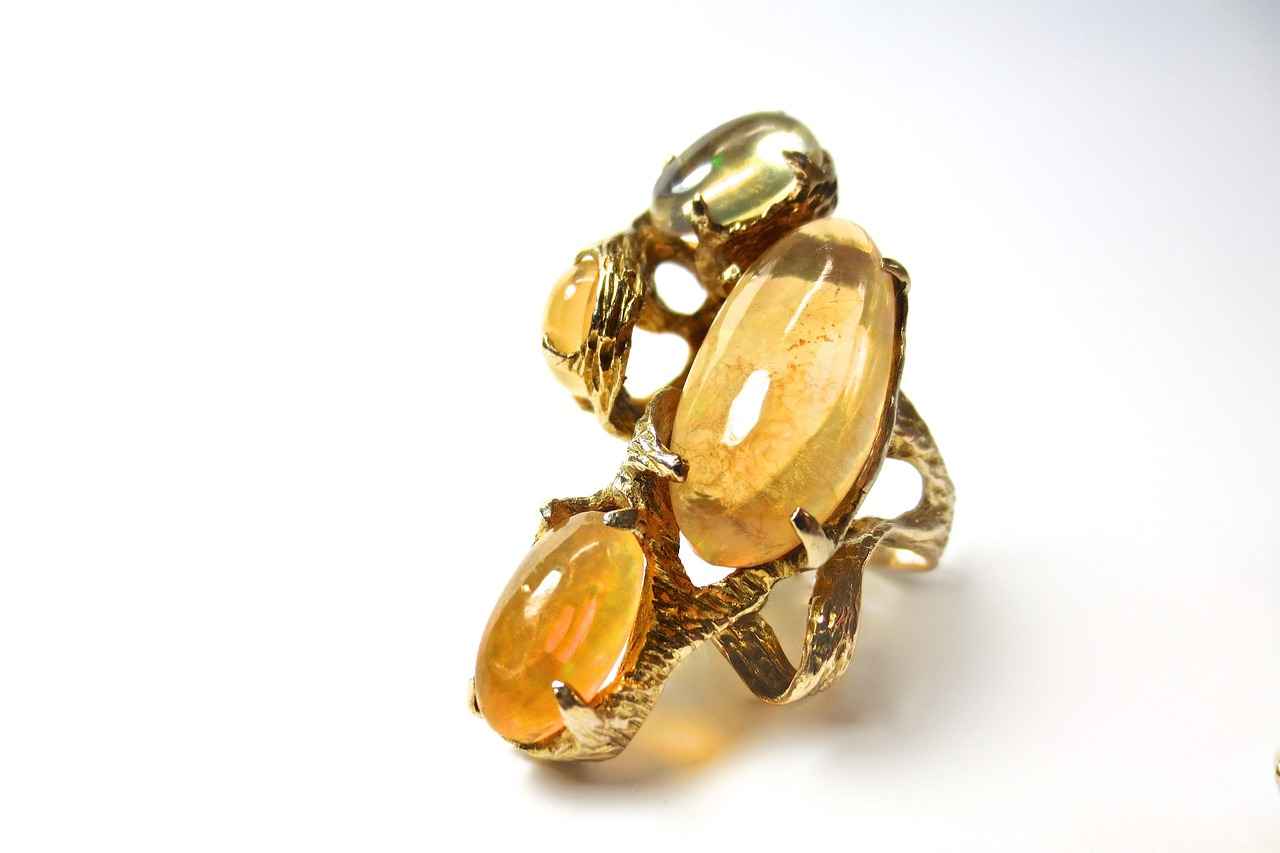
Do Expensive Jewelry Stores Offer Good Customer Service?
When it comes to luxury shopping, customer service plays a pivotal role in enhancing the overall experience. For high-end jewelry stores, this aspect is not merely an afterthought but a cornerstone of their business model. The expectations of affluent clients are significantly higher, necessitating a level of service that goes above and beyond standard retail practices.
Top jewelry stores often employ highly trained staff who possess extensive knowledge about their products. This expertise enables them to provide personalized recommendations that cater to the unique tastes and preferences of each customer. In addition, these employees are skilled in creating a welcoming atmosphere, making clients feel valued and appreciated. The ability to connect on a personal level can greatly influence a customer’s decision to make a purchase.
- Personalized Consultations: Many luxury jewelry stores offer one-on-one consultations to discuss specific needs and desires. This service often includes private showings of exclusive pieces, allowing clients to experience the jewelry in a comfortable setting.
- After-Sales Services: High-end retailers typically provide comprehensive after-sales services, including maintenance, cleaning, and even resizing. This commitment to customer satisfaction ensures that clients feel supported long after their purchase.
- Exclusive Events: To foster loyalty, luxury brands often host exclusive events for their clients, such as private viewings of new collections or special gatherings. These events not only showcase new designs but also strengthen the relationship between the brand and its clientele.
Moreover, luxury jewelry stores often have stringent policies in place to handle customer complaints and issues. A dedicated customer service team is usually available to address concerns swiftly and effectively, ensuring that any negative experiences are rectified promptly. This level of service is crucial in maintaining the brand’s reputation and ensuring repeat business.
In addition to traditional customer service, many luxury jewelry retailers are now embracing technology to enhance the shopping experience. This includes online chat support and virtual consultations, allowing clients to receive assistance from the comfort of their homes. Such innovations reflect a commitment to meeting the evolving needs of customers in a digital age.
Ultimately, the question remains: do expensive jewelry stores truly offer good customer service? The answer is often a resounding yes. By prioritizing personalized service, investing in staff training, and embracing modern technology, these retailers strive to meet and exceed the expectations of their discerning clients. The high prices associated with luxury jewelry are not just for the products themselves but also for the exceptional service that accompanies them.
In conclusion, when shopping at high-end jewelry stores, customers can expect a level of service that reflects the investment they are making. From personalized consultations to after-sales care, these establishments recognize that customer satisfaction is key to their success, making them worth the premium price tag.
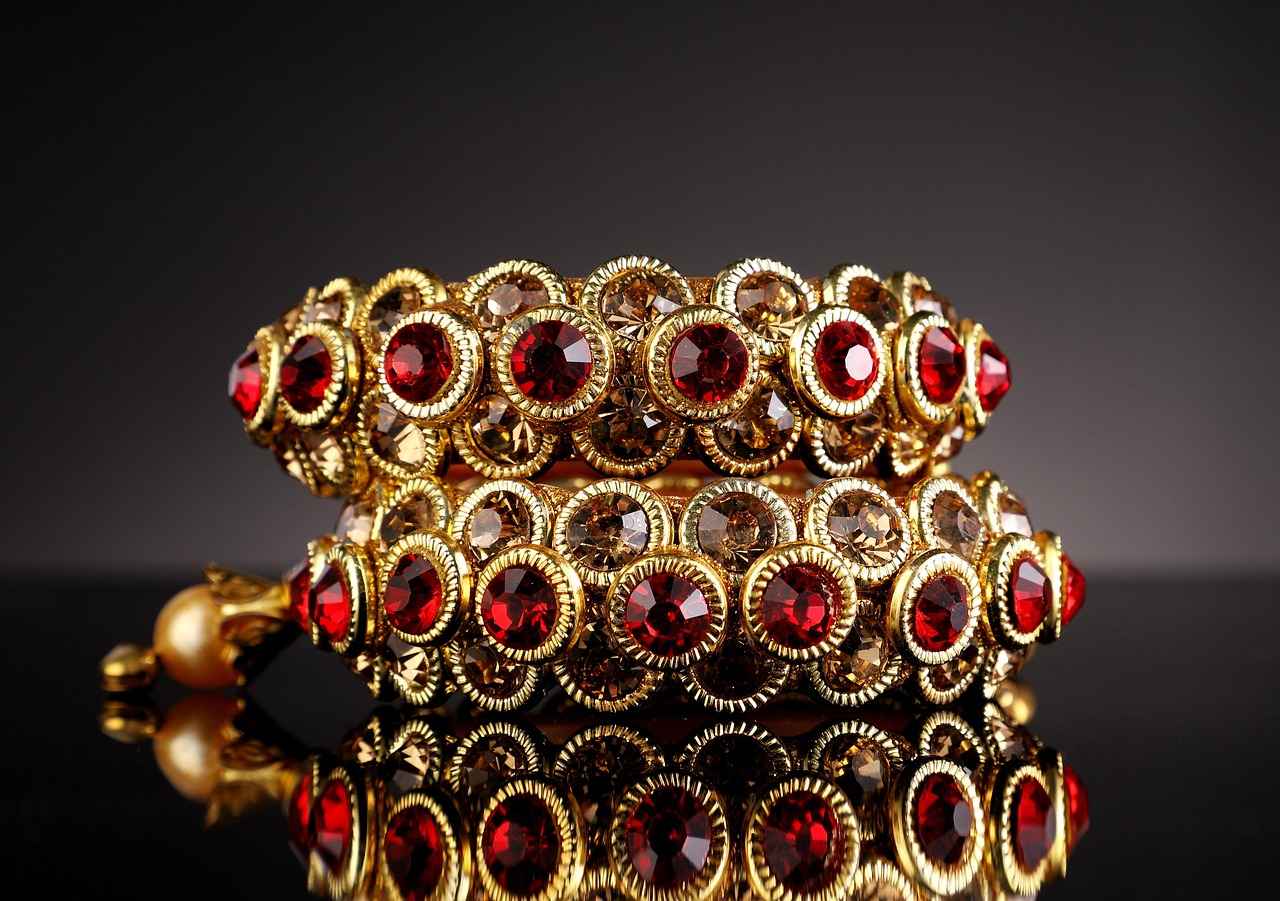
What Are the Trends in Luxury Jewelry Right Now?
In the ever-evolving world of luxury jewelry, current trends are a reflection of shifting consumer preferences and values. As affluent buyers become more discerning, they seek pieces that not only exude elegance but also resonate with their personal style and ethical considerations. This section delves into the popular styles and materials that are currently gaining traction among luxury jewelry enthusiasts.
One of the most significant trends in luxury jewelry is the move towards sustainable and ethically sourced materials. Consumers are increasingly aware of the environmental and social impact of their purchases, leading to a rise in brands that prioritize responsibility in their sourcing practices. This shift is accompanied by a preference for unique, handcrafted designs that tell a story, rather than mass-produced items.
- Lab-grown Diamonds: These stones offer a conflict-free alternative to mined diamonds, appealing to eco-conscious consumers.
- Recycled Gold: Many luxury brands are now utilizing recycled gold to create stunning pieces, reducing the need for new mining.
- Colored Gemstones: Vibrant stones like emeralds, sapphires, and rubies are gaining popularity, often used in statement pieces that stand out.
- Mixed Metals: Combining different metals in one piece creates a modern, edgy look that is highly sought after.
Among the most popular designs are asymmetrical earrings and stackable rings, which allow for personal expression and customization. The trend of layering jewelry continues to thrive, with consumers opting for multiple pieces worn together to create a unique look. Additionally, vintage-inspired designs are making a comeback, appealing to those who appreciate the charm and history behind older styles.
Indeed, personalization has become a key trend in the luxury jewelry market. Consumers are looking for pieces that reflect their individuality, leading to a surge in demand for custom-made jewelry. Brands are responding by offering bespoke services that allow clients to choose everything from materials to design elements, ensuring that each piece is unique and meaningful.
Luxury jewelry brands are adapting by embracing technology and innovation. Many are utilizing 3D printing to create intricate designs that were previously impossible to achieve. Furthermore, brands are enhancing their online presence to cater to the growing demand for e-commerce, providing virtual consultations and personalized shopping experiences.
In conclusion, the landscape of luxury jewelry is changing rapidly, driven by consumer demand for sustainability, individuality, and innovation. As trends continue to evolve, brands that prioritize these values will likely thrive in this competitive market.

Are There Alternatives to High-End Jewelry Stores?
When it comes to purchasing jewelry, many consumers often feel that high-end stores are the only option for quality and luxury. However, there are affordable alternatives that provide exquisite pieces without the hefty price tag. This section delves into the world of independent jewelers and online boutiques, highlighting how they can offer exceptional value and style.
Independent jewelers are often overlooked but can be a treasure trove for those seeking unique designs and personalized service. These smaller shops typically focus on craftsmanship and customer relationships, providing a more intimate shopping experience. Here are some reasons to consider them:
- Unique Designs: Many independent jewelers create one-of-a-kind pieces that you won’t find in mass-market stores.
- Quality Craftsmanship: Often, these jewelers pride themselves on high-quality materials and meticulous attention to detail.
- Personalized Service: Customers can often work directly with the jeweler to create custom pieces tailored to their preferences.
The rise of e-commerce has transformed the jewelry shopping landscape. Online boutiques offer a wide range of luxury jewelry options, often at more competitive prices. Here’s why you should explore these platforms:
- Wider Selection: Online stores typically have a broader inventory, allowing you to browse various styles and prices from the comfort of your home.
- Competitive Pricing: Without the overhead costs of a physical store, many online retailers can offer lower prices while maintaining quality.
- Convenience: Shopping online means you can compare prices and styles easily, ensuring you get the best deal.
While the allure of luxury jewelry can be strong, it’s essential to remember that quality does not always equate to high prices. Here are some tips for finding quality jewelry without breaking the bank:
- Research: Look for reviews and ratings of independent jewelers and online boutiques to gauge their reputation.
- Ask for Certifications: Ensure that any gemstones or precious metals are certified for authenticity.
- Compare Prices: Don’t settle for the first piece you find. Compare similar items across various platforms to ensure fair pricing.
In conclusion, while high-end jewelry stores may offer a certain prestige, the world of independent jewelers and online boutiques provides a wealth of options for those seeking luxury without the exorbitant prices. By exploring these alternatives, you can find beautiful, high-quality pieces that reflect your personal style and values.
Frequently Asked Questions
- What makes luxury jewelry worth the high price?
Luxury jewelry is often deemed worth the investment due to its exceptional craftsmanship, high-quality materials, and the prestige of the brand. When you buy a piece from a top-tier store, you’re not just purchasing jewelry; you’re acquiring a piece of art that has been meticulously crafted to stand the test of time.
- Is custom jewelry a good investment?
Absolutely! Custom jewelry pieces are unique and reflect personal style, making them special. While they may come with a higher price tag, the personal touch and exclusivity often justify the cost, especially if you’re looking for something that tells your story.
- How do I know if a luxury jewelry store is reputable?
Check for certifications, read customer reviews, and look into the store’s history and brand heritage. A reputable store will have a solid track record of quality and customer satisfaction, ensuring that your investment is safe.
- Are online luxury jewelry purchases safe?
Yes, but it’s crucial to shop from well-known and trusted brands. Look for secure payment options, return policies, and customer service support. Online shopping can be convenient, but always do your homework to avoid potential pitfalls.
- What are the current trends in luxury jewelry?
Right now, you’ll see a lot of bold designs and sustainable materials making waves in the luxury market. Consumers are leaning towards pieces that not only look stunning but also have a story or ethical backing behind them.

